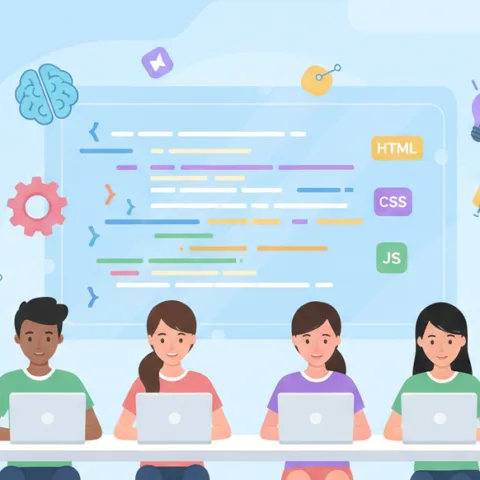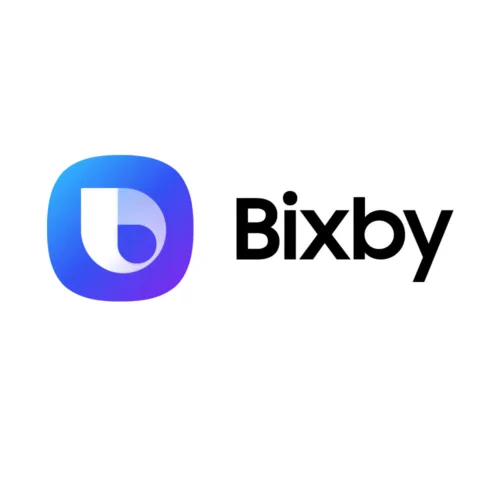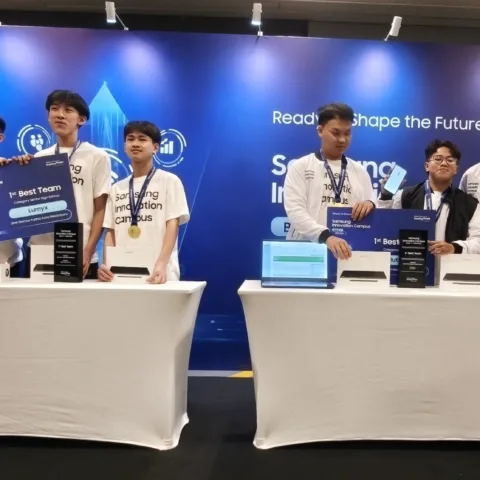This past weekend Jakarta was host to AngelHack, a global hackathon event spanning 30 cities with more than 6000 participants. The Jakarta event was held at IDC Indonesia, home to the country’s primary data centers, located at Duren Tiga in South Jakarta. One winning team was chosen from the 29 projects that were built over 24 hours. There was no central theme, no immediate cash prizes, but the winning team earned the right to a 10 week mentorship and participate in AngelHack Accelerator program in San Francisco as well as attending TechCrunch Disrupt in September.
Nearly 110 developers, designers, and business-oriented people participated in AngelHack Jakarta to build apps and services and set out to prove whether they’re good enough to represent the country in in the global challenge.
The winner of AngelHack Jakarta was Pintails, a mobile commerce app built by a team put together by Vincent Putera, winner of BlackBerry Jam Asia 2012. The app is a marketplace which allows people to sell and buy items from their closest network of friends and relatives.
During his pitch as a finalist, Putera explained that the real purpose of the app is to have people connect with each other and commerce is one of the easiest ways to link people.
Putera said that in many situations, people find themselves knowing friends or relatives who want to sell things and at the same time, also knowing others who want to purchase the same items. The app will make it easy for those in the middle to connect these two and get the trade to happen.
Trust is an important factor in trade especially when it comes to online commerce, and for strangers to conduct online trade, it requires a great deal of trust to be placed in the part of both the seller and the buyer. “Having a mutual friend facilitating the trade tends to add a great deal of that trust, which forms part of the reason behind making the app,” added Putera.
Putera’s team consists of developers Radita Liem, Asep Bagja Priandana, Michael Jaensen, and designer Victor Koesoemadi. Both Koesomadi and Jaensen work with Putera at Inspira, the studio that built Soccer Ticker, the winning app at BlackBerry Jam Asia last December.
Highlights
Some of the highlights of the apps, services, and concepts that came out of the event are Reline, a subscription service for encrypted phone calls, Torakku, which lets people track and disable their vehicles if they’re missing, FingerJobs which uses LinkedIn to quickly match job seekers and companies, organizations, or individuals looking for talents, FoodZilla, essentially Shopify for restaurants, and Nawaran, a mobile marketplace app that lets you bargain for prices using gestures on your smartphone.
Reline was especially scrutinized by the judges as the subject of the project was certainly a sensitive one. The team of two demonstrated how they can tap and listen in to a regular phone call over the mobile network and by using their creation, that conversation can be encrypted which stops others from listening in. Marshall Utoyo of Asia Pacific Venture Partners insisted that what they built would be used by terrorists and criminals and a heated debate ensued between those who stood on privacy concerns and those on Utoyo’s side. Unfortunately there was no time to continue the debate.
Clouderry, a suite of apps providing realtime sales auditing solution built by a team of four, won the Amazon Web Services challenge for best use of Beanstalk. The project lets companies keep track of product inventory and sales in real time using a collection of mobile applications for both field employees and upper management.
Remco Lupker, co-founder of Tokobagus who now runs video advertising company Ambient Digital Indonesia, was one of the judges at the event. He praised the quality of apps and talents that emerged during the weekend. “It was the best group of talents I’ve seen in a while and I’m very impressed with what they built in such a short time.” He scrutinized Pintails and Nawaran during the second round of pitches, having built, run, and maintain an e-commerce website himself for a number of years. Clearly the field was dear to his heart.
Aryo Ariotedjo, managing partner at venture capital Grupara was seen talking to a number of teams, outside of his capacity as one of the judges. “I’m already looking at a couple of projects that I’d like to have in my portfolio if the team members are serious in continuing their projects after AngelHack.”
The 29 projects went through two rounds of judging facing nine judges. On the first round, the judges were split into four groups, each having to evaluate up to eight random teams, presenting for three minutes each. From the 29, a top 10 was selected to go to the second round and this time repitching their projects before all nine judges.
The list of all 29 projects and the people who built them can be seen on the AngelHack Jakarta page at Hackathon.io and some photos are available on DailySocial’s Tumblr site and through @angelhackjkt.






